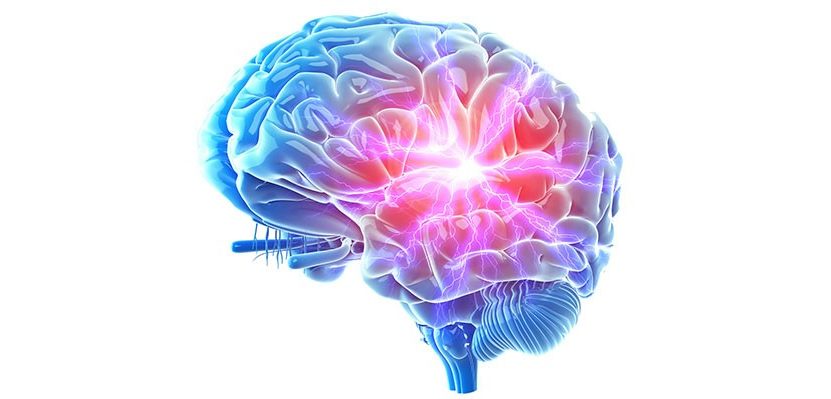According to recent research published in Neurology, cardiovascular health and genetics are equally important in determining the risk of developing dementia.
In the new study, conducted by a team of researchers from the University of Texas, more than 1,200 Framingham Heart Study participants were examined.
The primary objective was to determine the relationship between ideal cardiovascular health (CVH) and genetic risk and dementia risk.
Adjusting for age, sex, and education, the study used multivariable Cox proportional hazards regression models to examine the association between CVH, genetic risk, and incident all-cause dementia with up to 10 years of follow-up (mean 8.4 years, 96 incident dementia cases).
Participants with a high genetic risk score had a 2.6-fold increased risk of cognitive decline, particularly dementia, compared to those with lower genetic risk scores.
In addition, the cardiovascular health of the participants, as defined by the American Heart Association, was associated with a 0.45-fold decreased risk of dementia, relative to those with poor cardiovascular health.
The findings indicated that both genetic risk and CVH contribute additively to the risk of dementia.
The co-author of the study, Sudha Seshadri, stated that each new finding clarifies the connection between heart health and brain health.
“We hope that the results of this study will send the public a message, and that message is to exercise, reduce stress and eat a healthy diet. Then, regardless of your genes, you have the potential to lower your risk of dementia,” said Seshadri.


